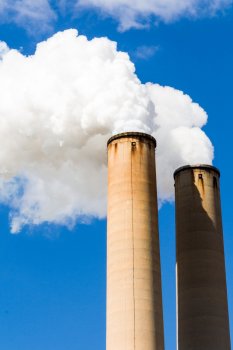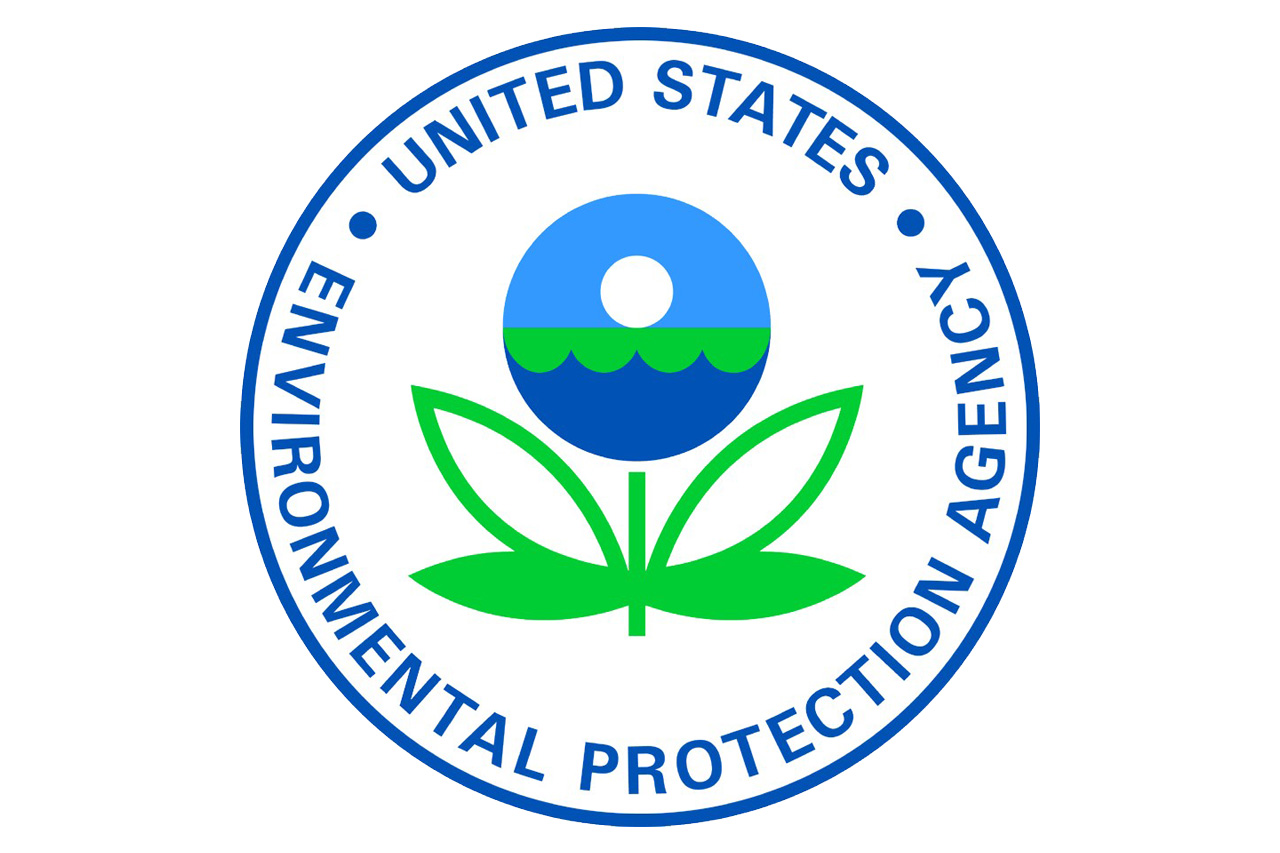EPA proposes ending federal greenhouse gas rules, shifting climate oversight to states and localities.
 On July 29, 2025, the U.S. Environmental Protection Agency (EPA) proposed repealing the 2009 Greenhouse Gas (GHG) Endangerment Finding. This finding has served as the scientific and legal basis for regulating GHG emissions under the Clean Air Act. Its removal would eliminate the federal government’s authority to regulate emissions from major sources such as vehicles, power plants, and industrial facilities. The proposal also includes repeal of the Carbon Pollution Standards for new and existing fossil fuel-fired power plants.
On July 29, 2025, the U.S. Environmental Protection Agency (EPA) proposed repealing the 2009 Greenhouse Gas (GHG) Endangerment Finding. This finding has served as the scientific and legal basis for regulating GHG emissions under the Clean Air Act. Its removal would eliminate the federal government’s authority to regulate emissions from major sources such as vehicles, power plants, and industrial facilities. The proposal also includes repeal of the Carbon Pollution Standards for new and existing fossil fuel-fired power plants.
If finalized, the proposal would shift regulatory responsibility to states and local jurisdictions. States that previously relied on federal emissions standards to manage air quality may face increased challenges in addressing pollution from transportation and energy infrastructure. The proposal does not create a new regulatory framework and would remove existing federal requirements without replacement. The EPA’s cost-benefit analysis indicates potential reductions in compliance costs, but does not address downstream impacts on local air quality, public health, or climate mitigation strategies.
State and county leaders may need to evaluate legislative and regulatory options to address emissions if federal oversight is withdrawn. These may include legislation, coordination with between agencies, or participation in regional climate initiatives. The proposal is subject to a 45-day public comment period, after which the EPA may revise or finalize the rule. Legal challenges are anticipated from several states and environmental organizations. Counties should monitor the regulatory process and assess any operational, health, or environmental implications relevant to their jurisdictions.
